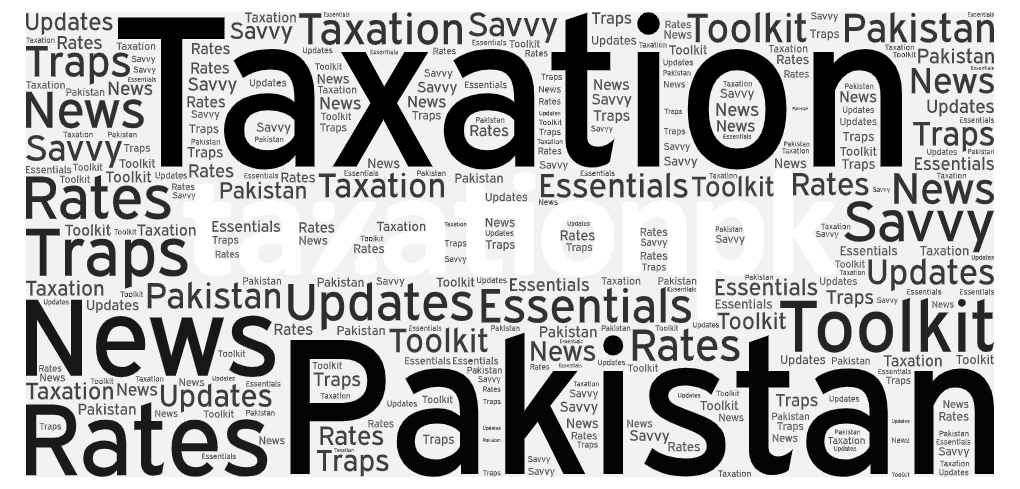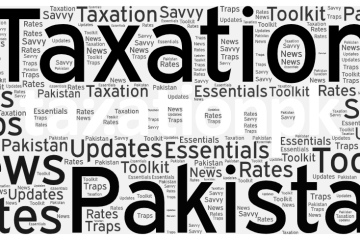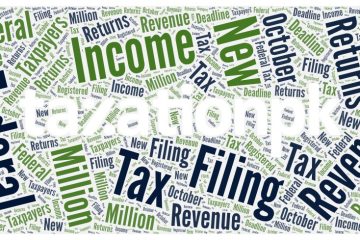LAHORE, PAKISTAN: In a continued struggle with the law, several taxpayers in Pakistan are reportedly resisting compliance with the Federal Excise Act of 2005, despite amendments designed to tackle tax evasion. According to sources, the core of the controversy revolves around Section 3A, introduced via the Finance Act of 2007, which grants the federal government authority to impose a special excise duty on both locally produced and imported goods.
Sources indicate that the legal basis for Section 3A was established through a bill presented in the National Assembly, passed on June 22, 2007, and subsequently signed by the President on June 30, 2007. The Finance Act 2007 was then published in the official gazette, making the section legally enforceable from July 1, 2007.
Despite these legislative efforts, a faction of taxpayers has challenged the validity of Section 3A and associated notifications issued by the federal government. Arguing in court, these taxpayers have claimed that the special excise duty is unconstitutional and imposes an excessive financial burden.
As the legal proceedings continue, some taxpayers allegedly continue to bypass the requirements of the amended law, effectively evading taxes and hampering government revenue collection efforts. Business Recorder
This standoff between taxpayers and tax authorities highlights the ongoing challenges of tax enforcement in Pakistan. While government agencies work to close revenue gaps, certain taxpayers exploit available legal loopholes to sidestep their obligations, creating a cycle of evasion that frustrates the government’s efforts to ensure fair tax compliance.
The broader implications of this defiance are significant, as it not only reduces government revenue but also fosters an inequitable tax burden, ultimately encouraging a culture of tax evasion. Sources emphasize that this situation illustrates an urgent need for stricter compliance measures and a renewed focus on educating the public about the critical role of tax contributions in supporting national development.
Furthermore, tax experts argue that both taxpayers and the government have essential roles to play in resolving this issue. Taxpayers, they say, must respect the laws in place and fulfill their duty to contribute to the national exchequer. Simultaneously, the government must bolster tax administration efforts, enforce compliance more effectively, and consider ongoing legislative improvements to counter emerging evasion tactics.
According to some tax practitioners, this episode serves as a stark reminder that tax compliance is crucial for the economic stability and growth of a nation. They warn that continued disregard for tax laws will only deepen fiscal inequalities and hinder Pakistan’s economic progress.






